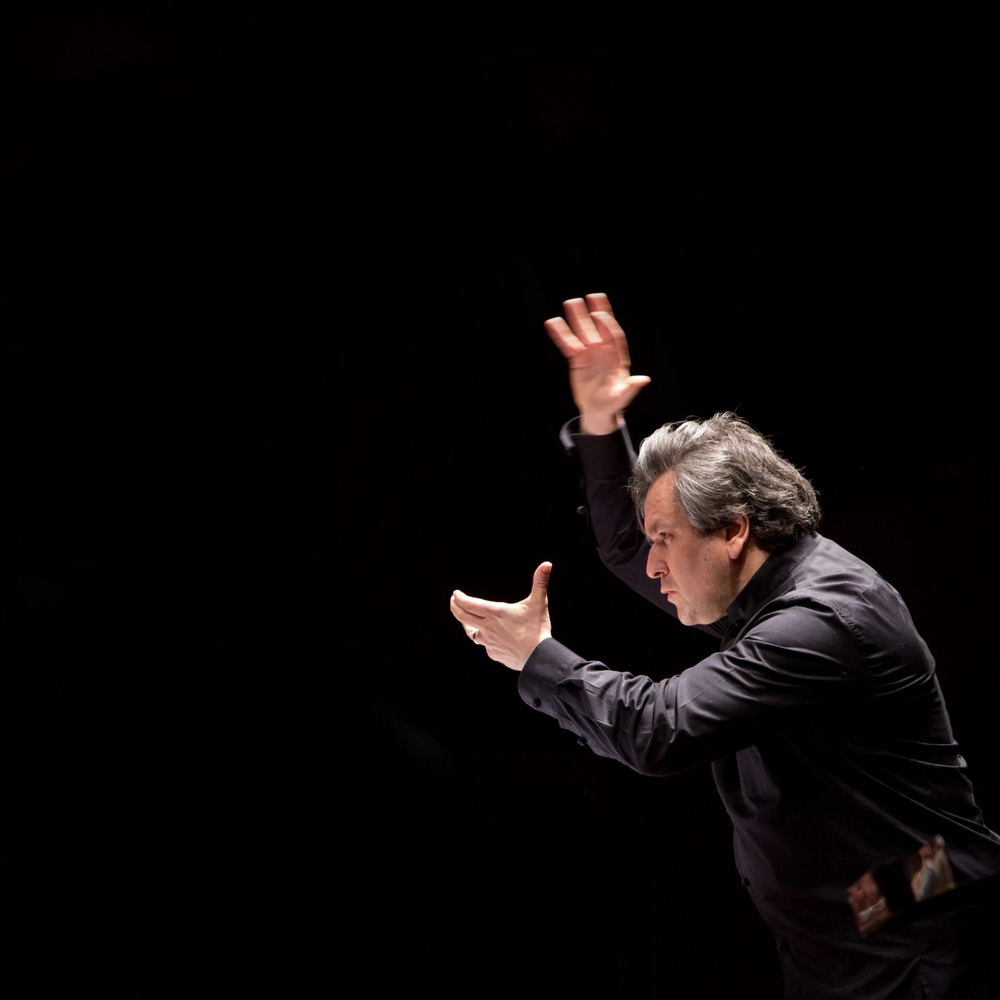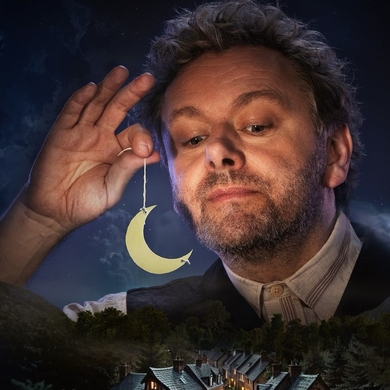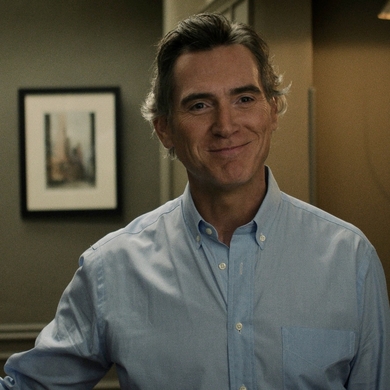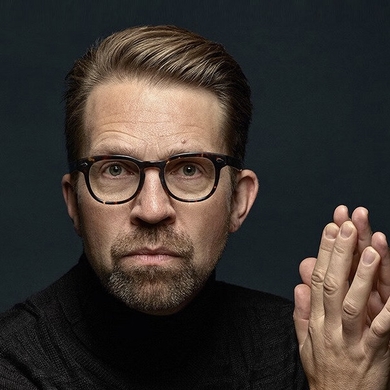The composer Amilcare Ponchielli, two decades Giuseppe Verdi’s junior, has but one claim to fame, and of late it’s been fading: the potboiler La Gioconda. The ninth of his 11 operas, it premiered at Milan’s Teatro alla Scala in 1876, in the interval between Verdi’s Aida (Cairo 1871/Milan 1872) and Otello (1887). John Ardoin, author of The Callas Legacy: The Complete Guide to Her Recordings on Compact Disc, describes Ponchielli’s lone keeper as “a sturdy platform for full-blooded singing,” noting that the characters are “straightforward, even cardboard.” Even so, what diva worth her salt would not kill for the title role? A penniless beauty who sings for a living in the streets of 18th-century Venice, La Gioconda—“The Happy One”—fights like a tigress for her two-timing lover but gives her life to deliver him to the fancy floozie he unaccountably prefers. Once a staple, the opera has been losing ground in a big way. Now the Salzburg Easter Festival springs to Ponchielli’s defense, fielding Anna Netrebko and Jonas Kaufmann, just the sort of larger-than-life showboats the material requires. As the other woman, watch for the glamorous mezzo on the rise Ève-Maud Hubeaux. The director Oliver Mearns is talking up his show as if the material were the real McCoy, while the conductor Antonio Pappano is selling italianità. Fair enough: the score includes several hit tunes that old-time collectors will remember in Golden Age voices (“Cielo e mar,” “Suicidio”). And then there’s the divertissement “The Dance of the Hours,” immortalized by Walt Disney with ostriches and hippopotami in tutus (see the original Fantasia) and by Alan Sherman in his novelty hit “Hello Muddah, Hello Faddah,” which spent three weeks in the No. 2 spot of the national Billboard Hot 100. —Matthew Gurewitsch
The Salzburg Easter Festival begins March 22.




